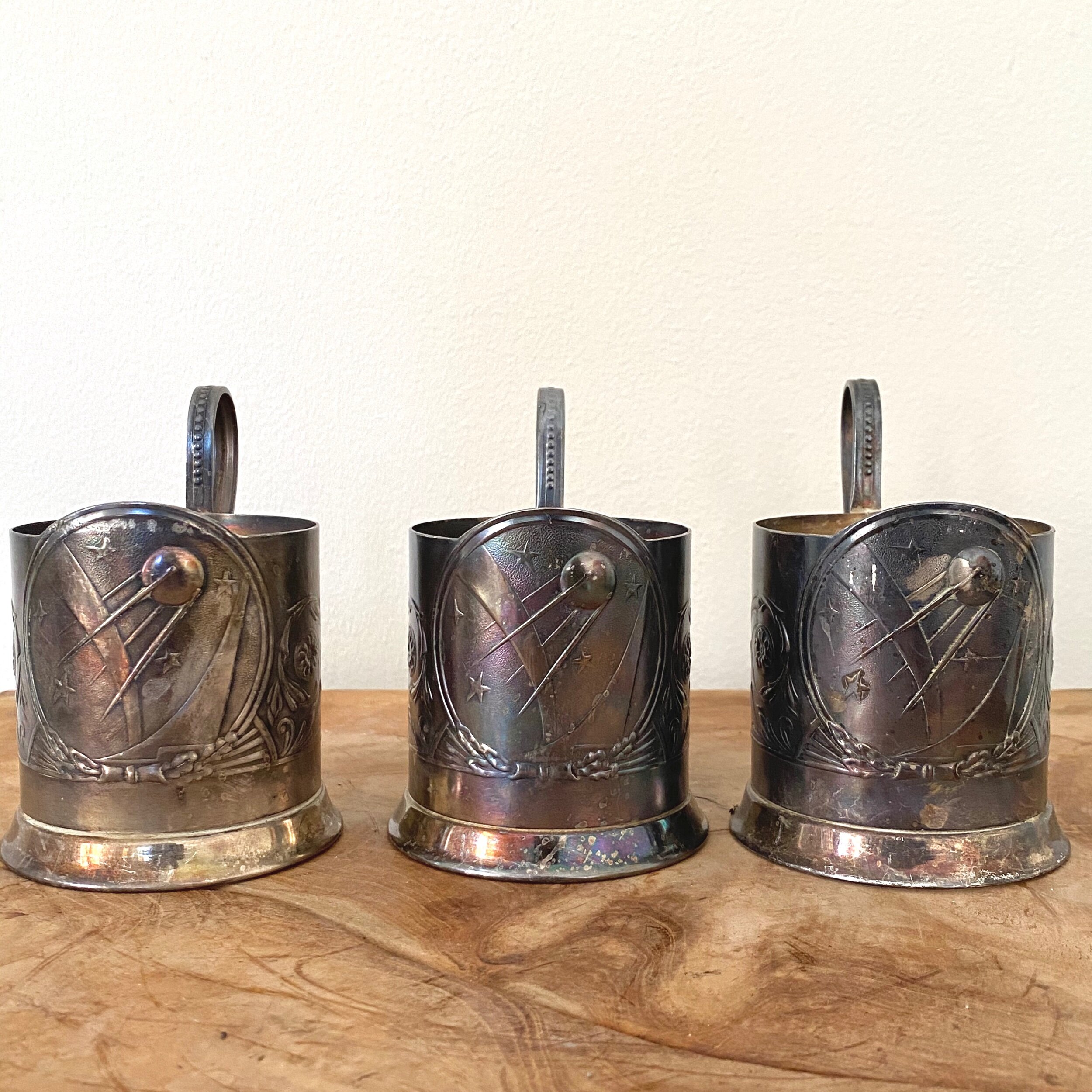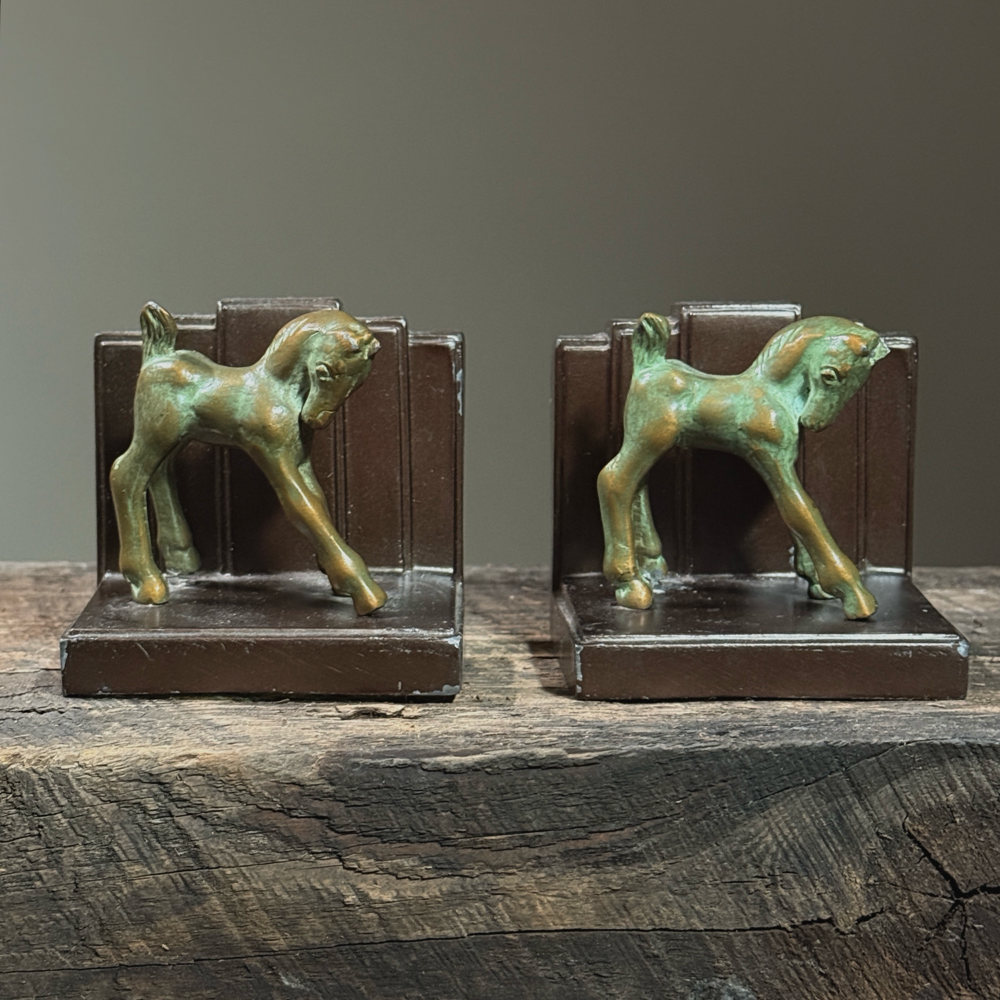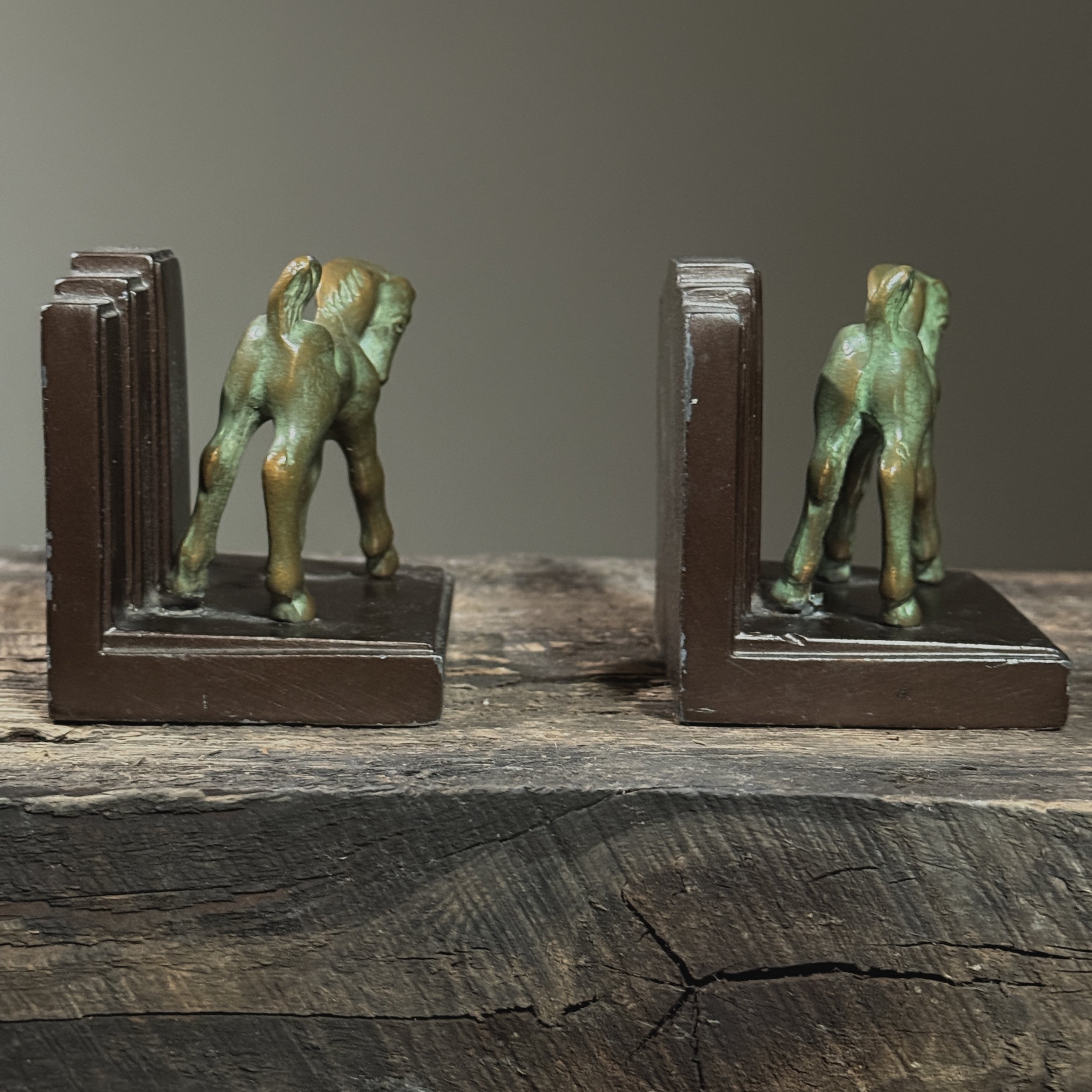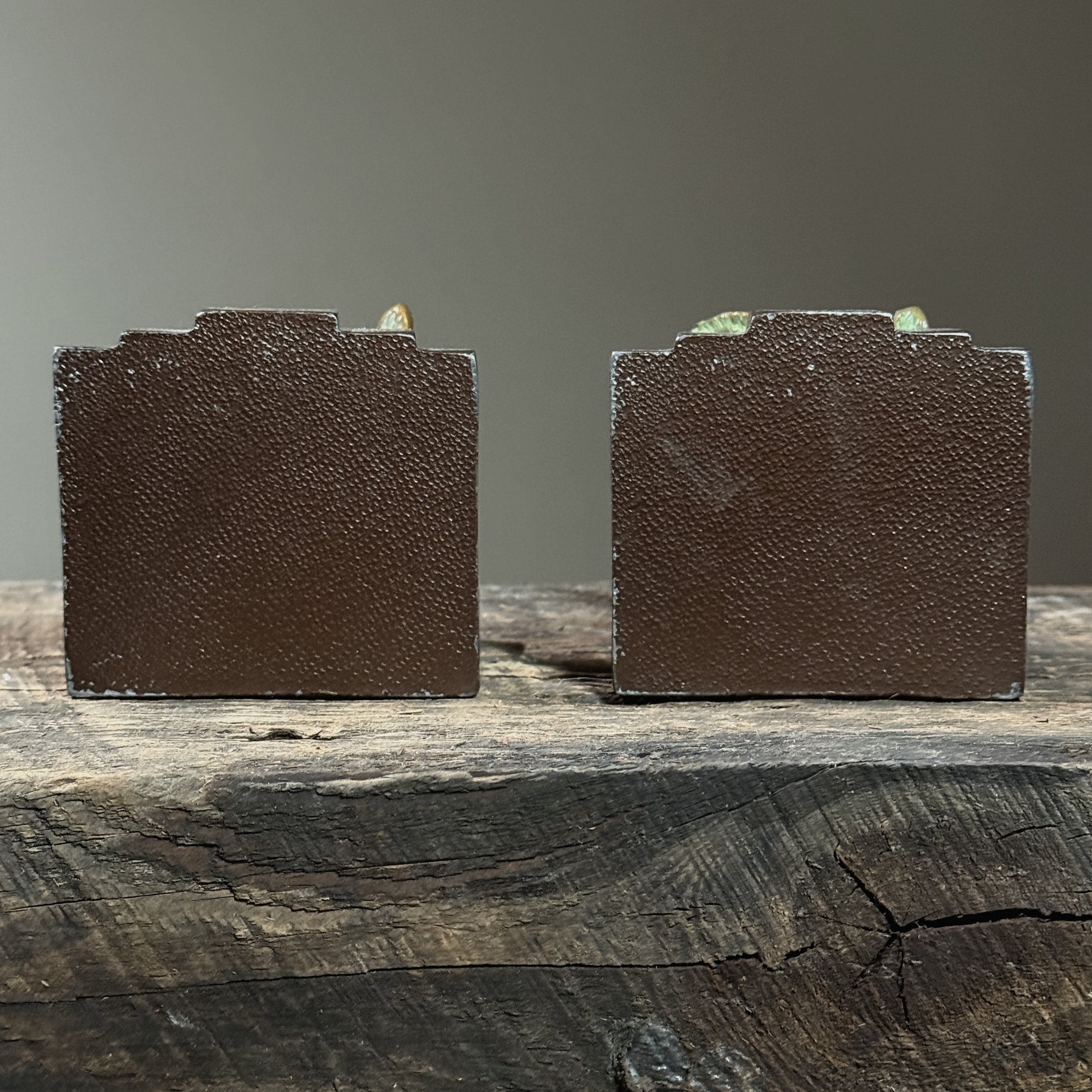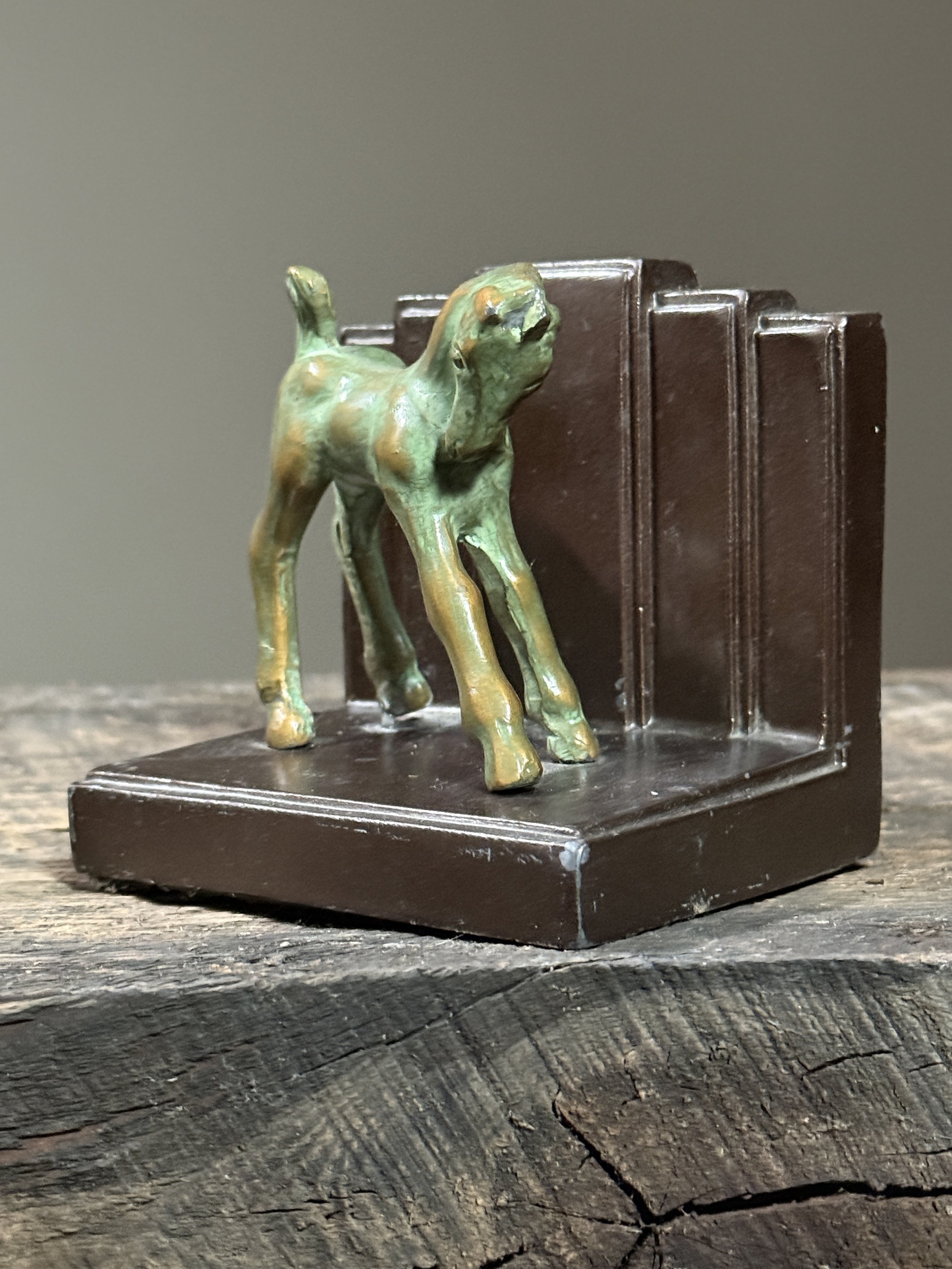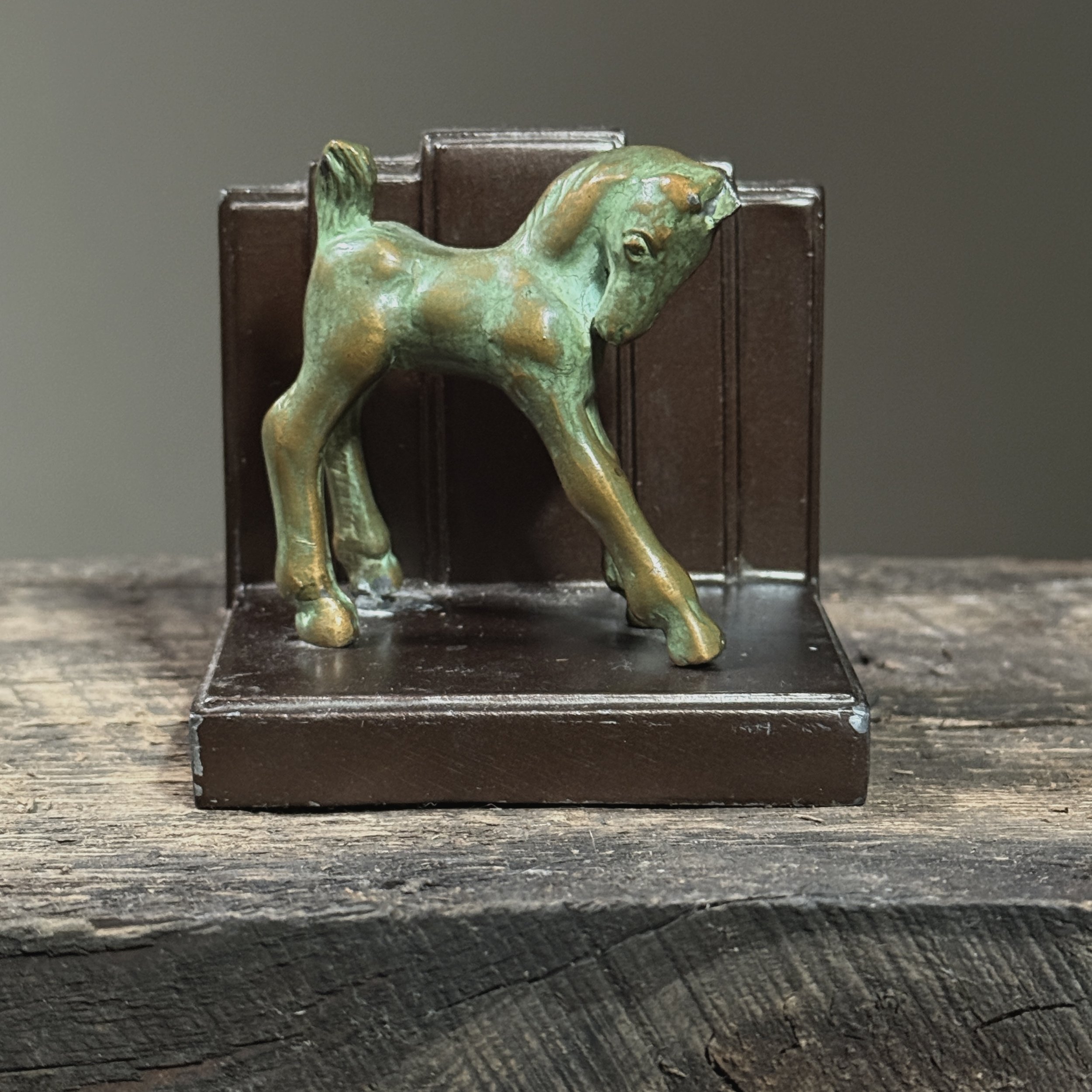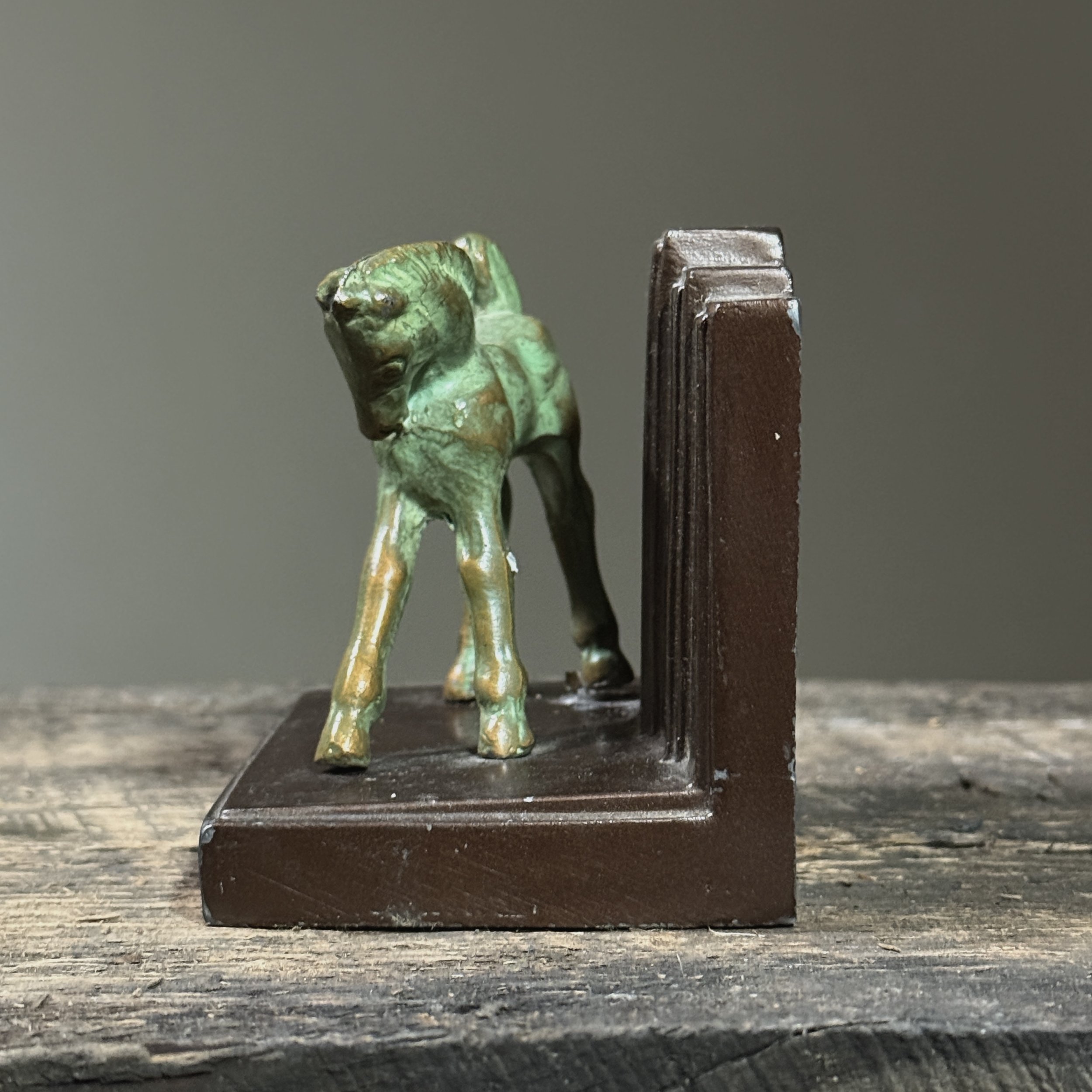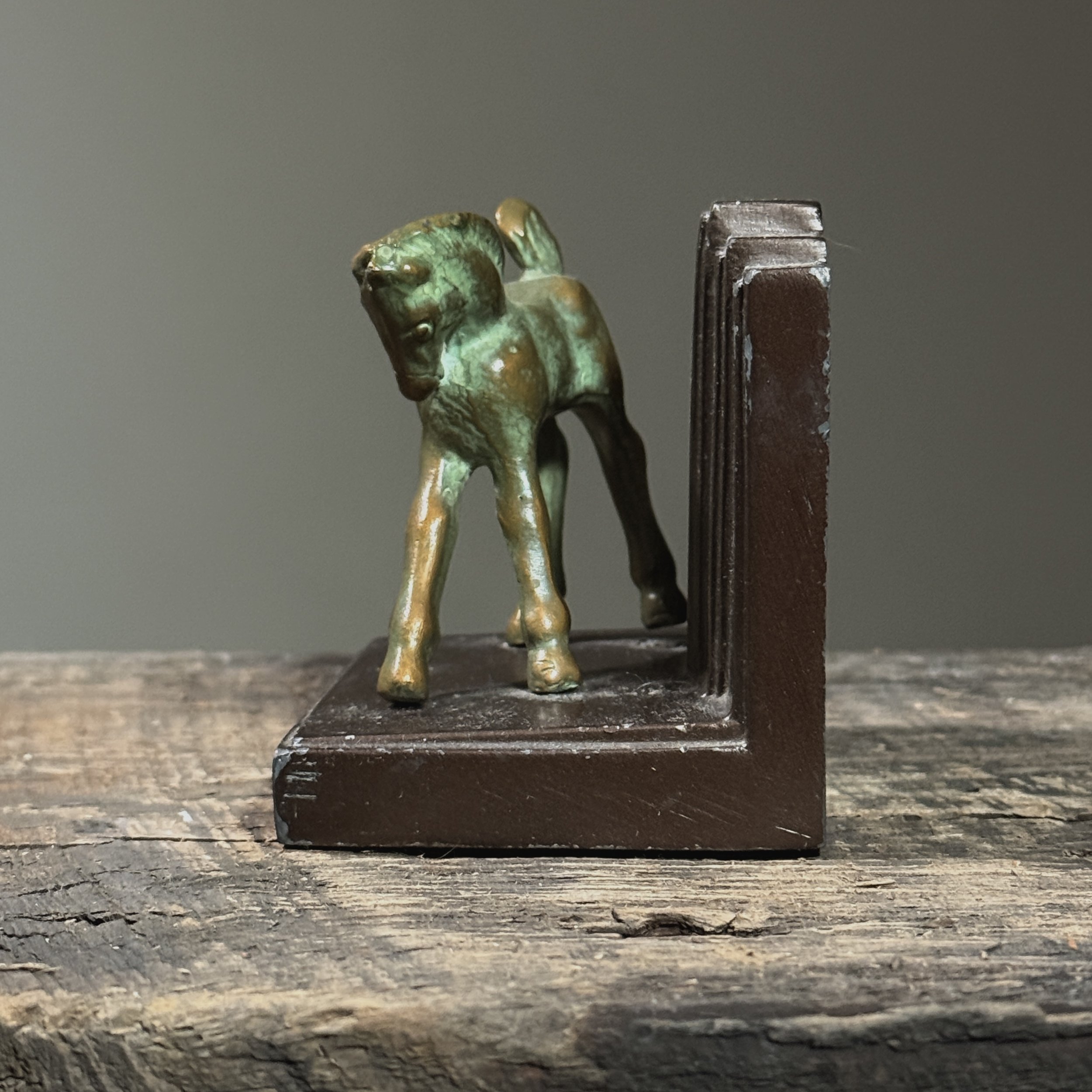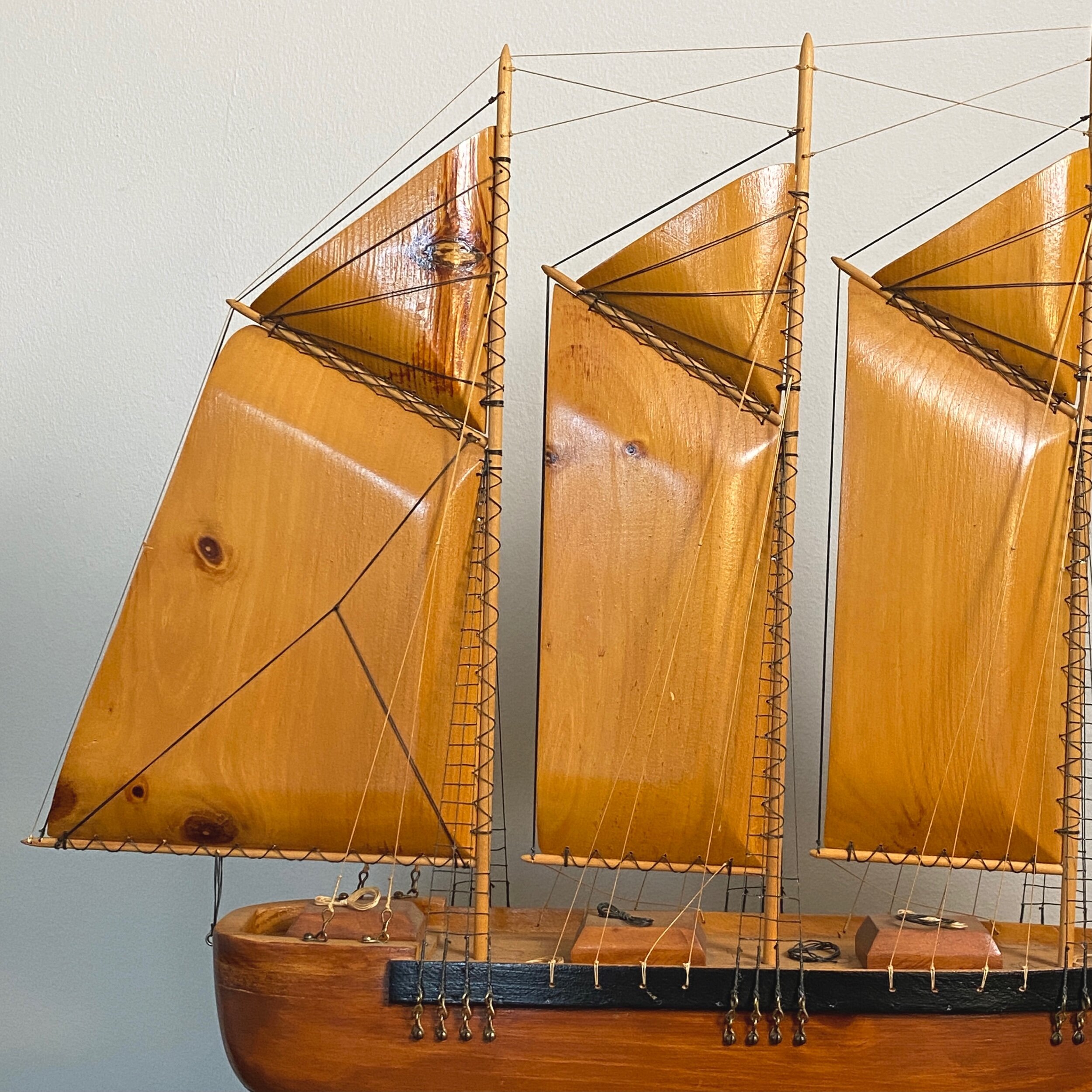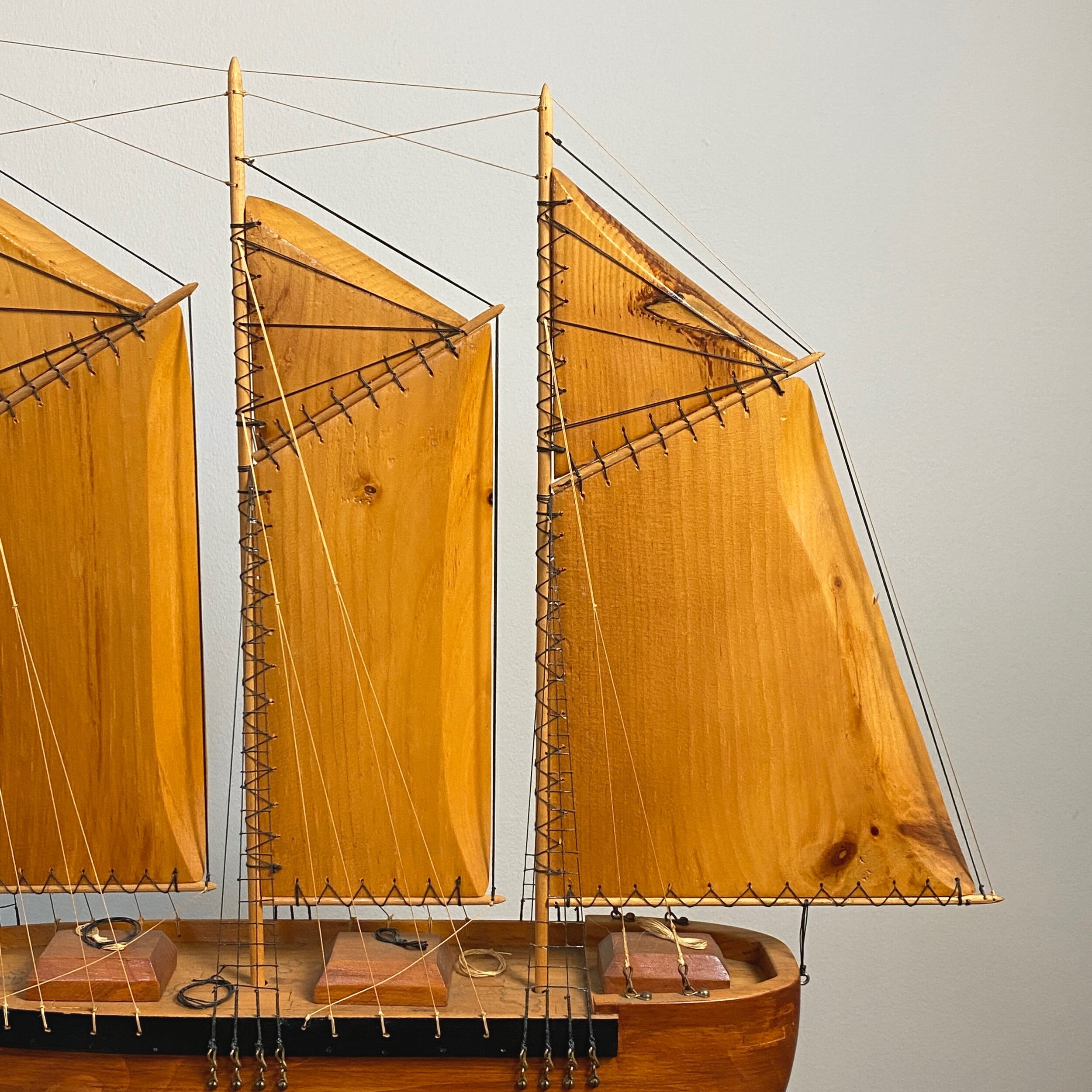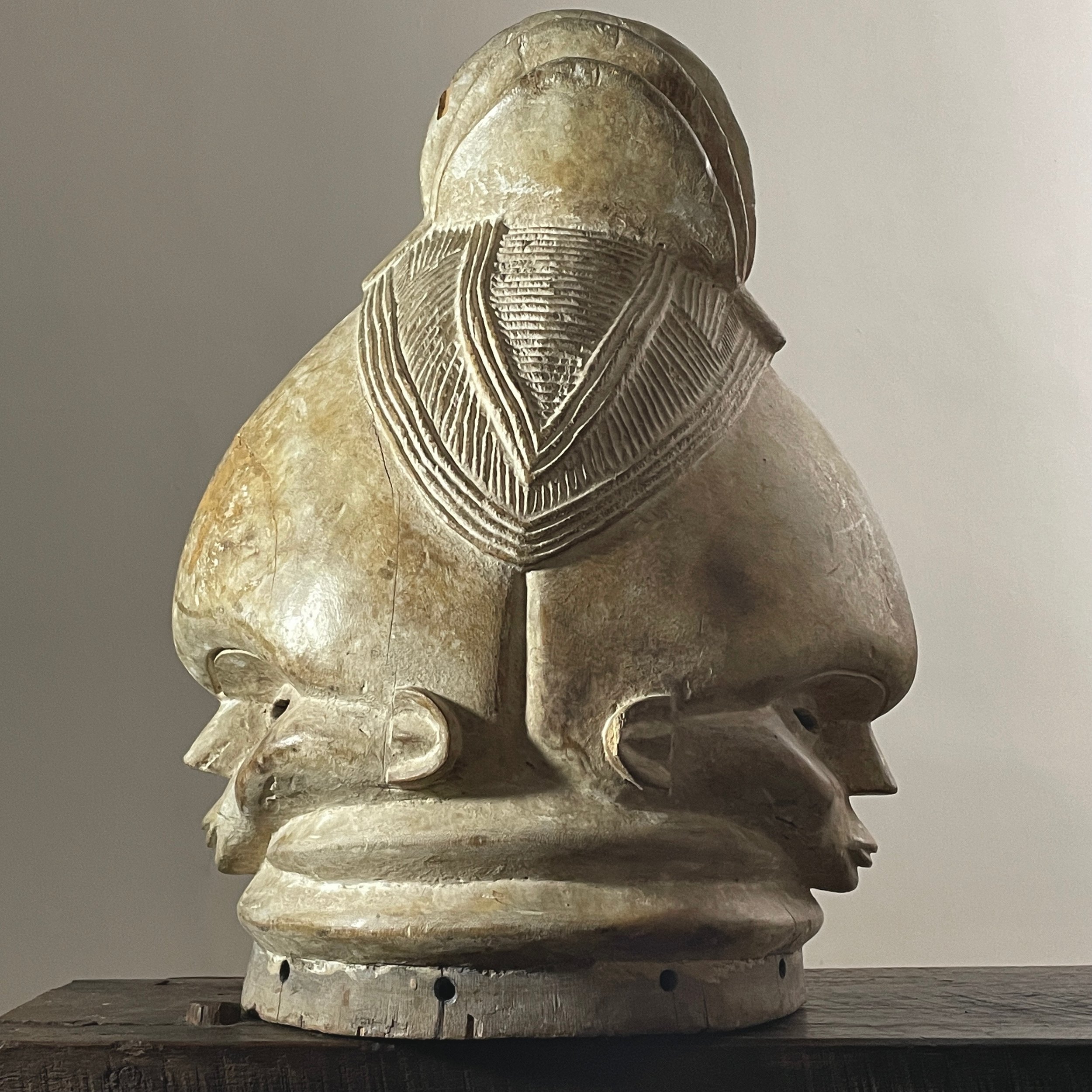 Image 1 of 13
Image 1 of 13

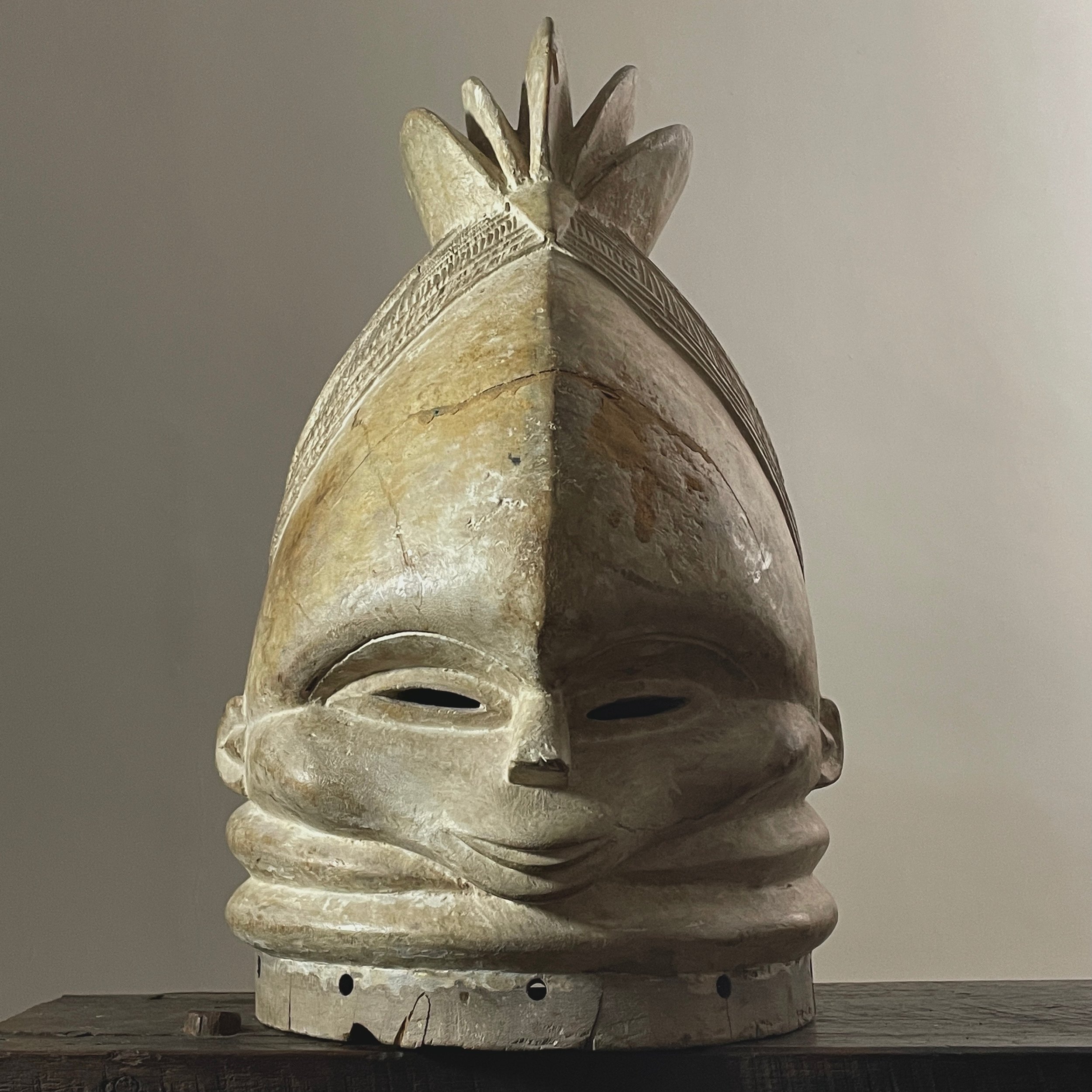 Image 2 of 13
Image 2 of 13

 Image 3 of 13
Image 3 of 13

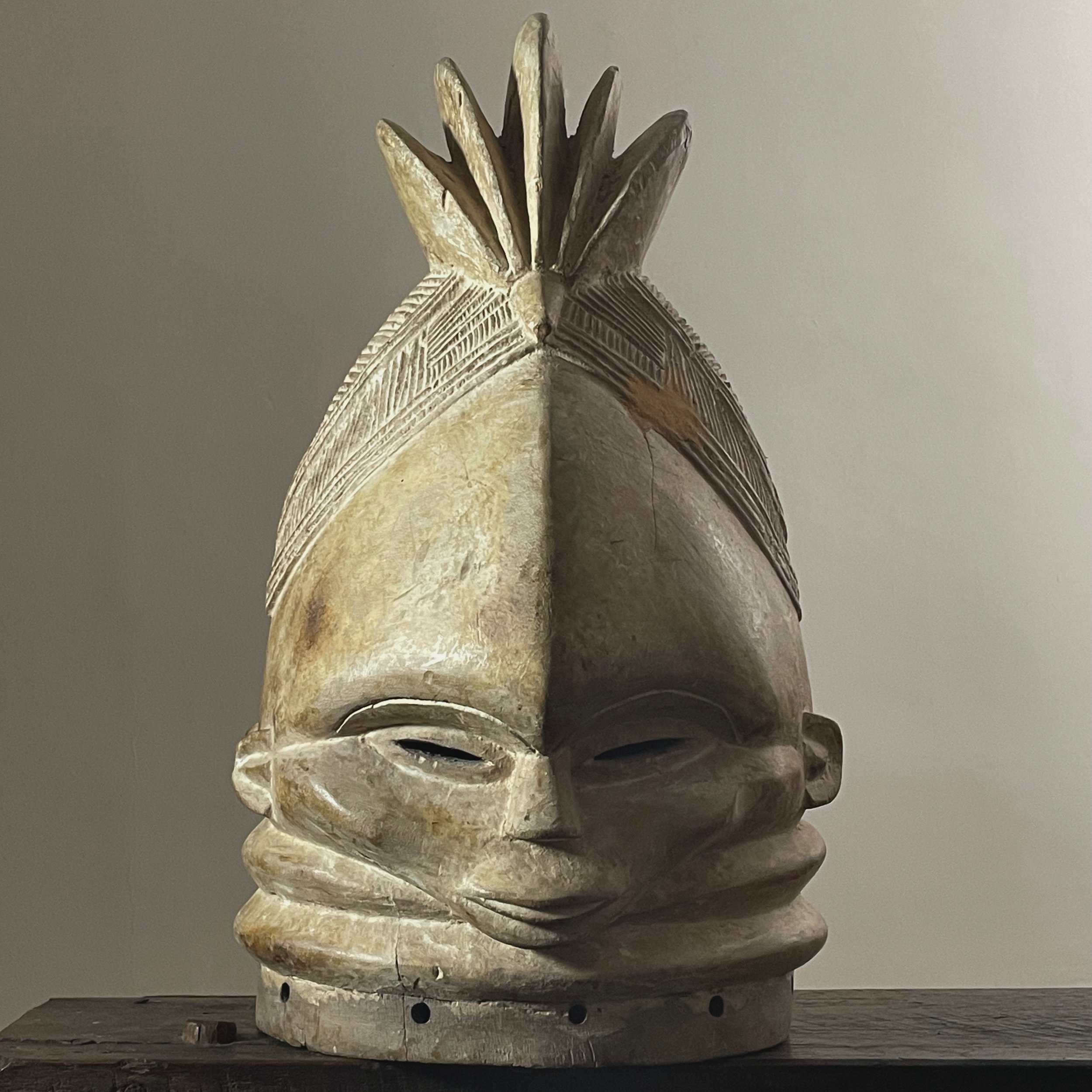 Image 4 of 13
Image 4 of 13

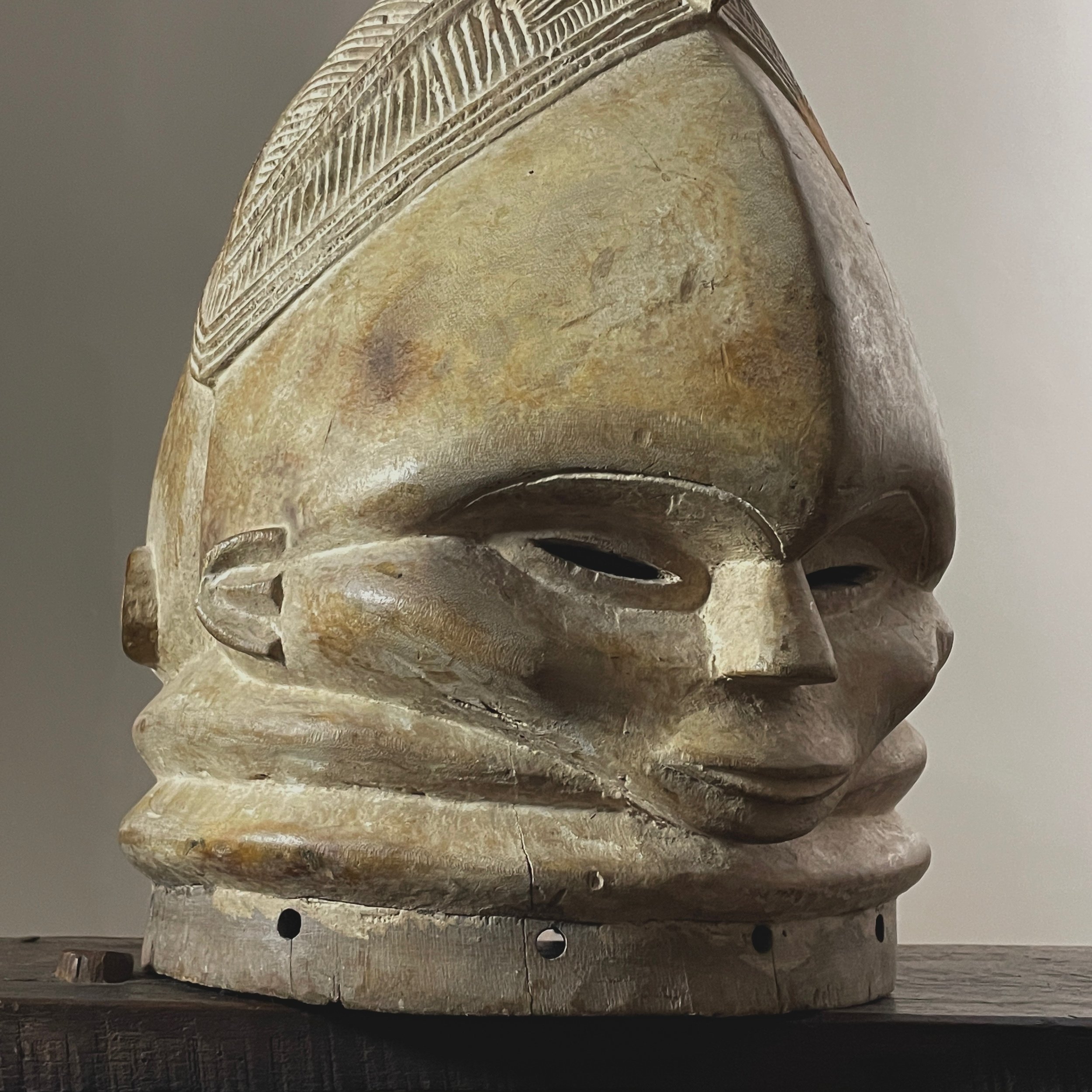 Image 5 of 13
Image 5 of 13

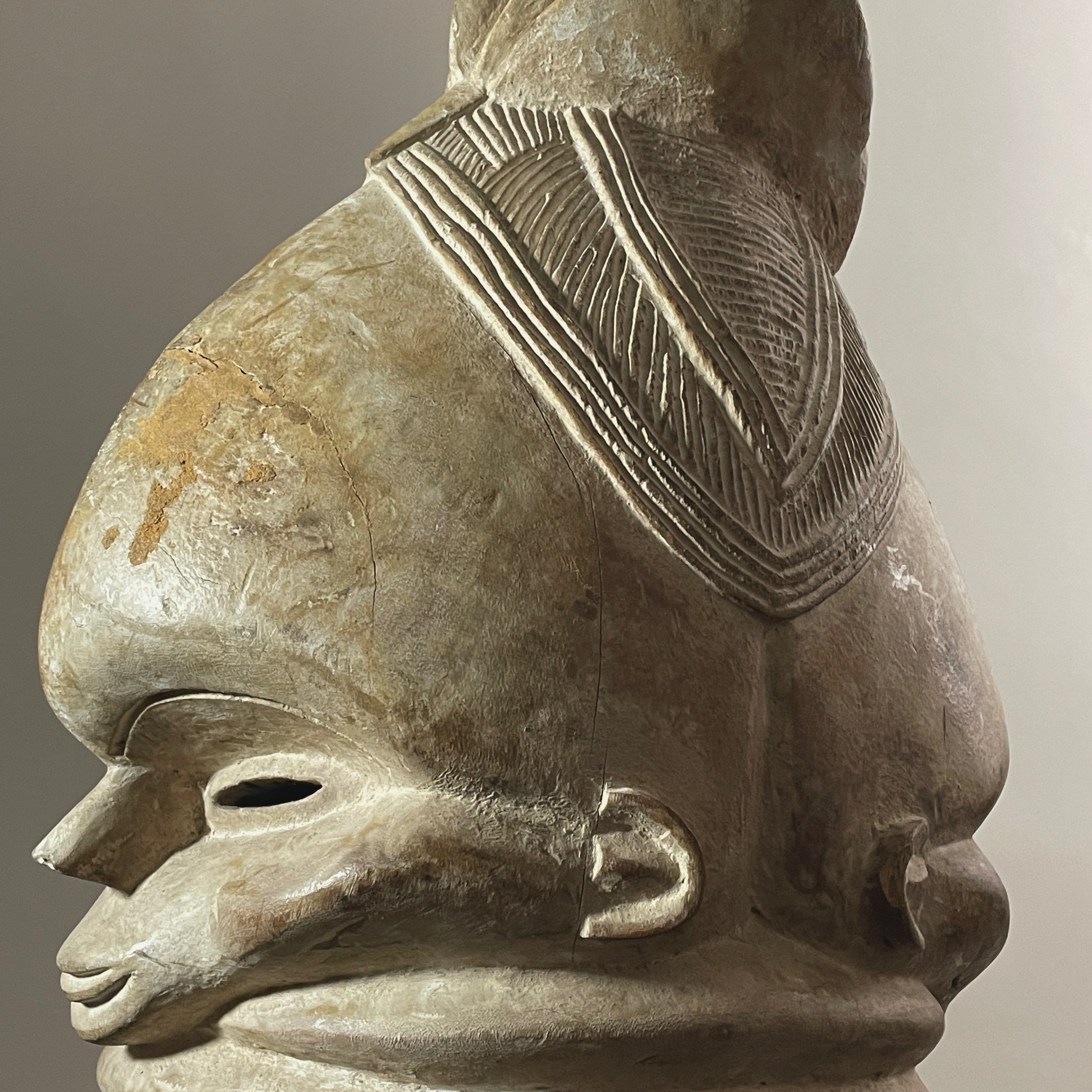 Image 6 of 13
Image 6 of 13

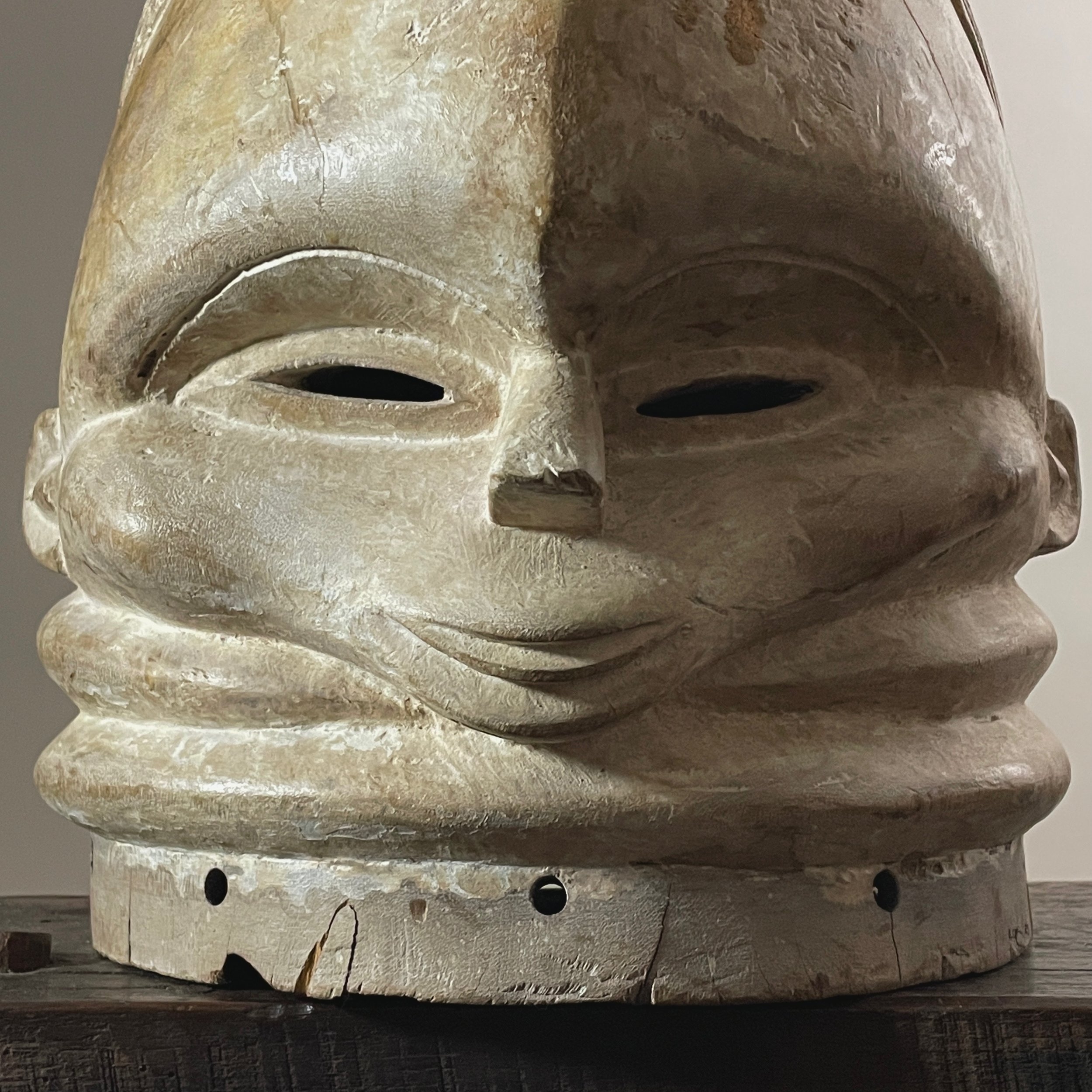 Image 7 of 13
Image 7 of 13

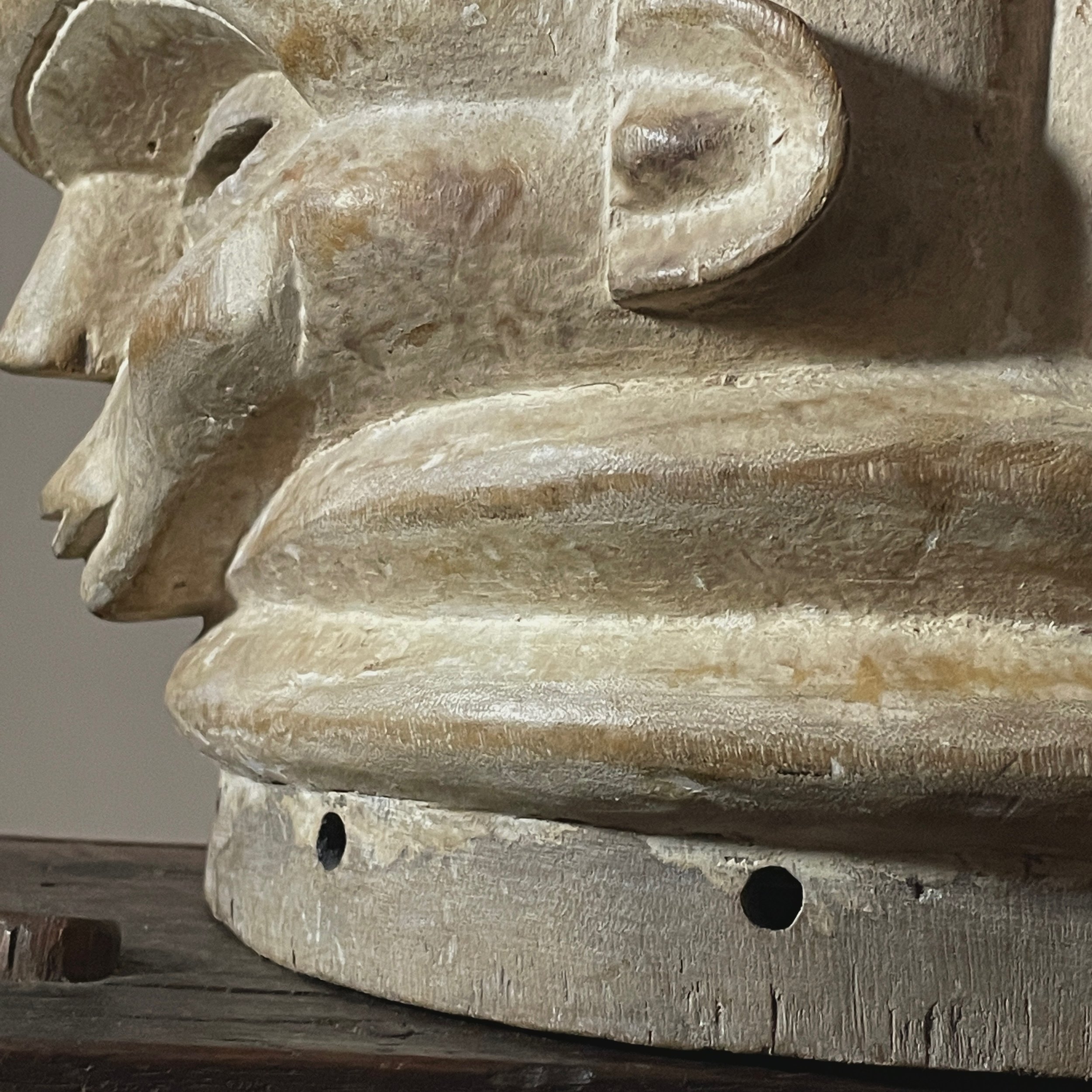 Image 8 of 13
Image 8 of 13

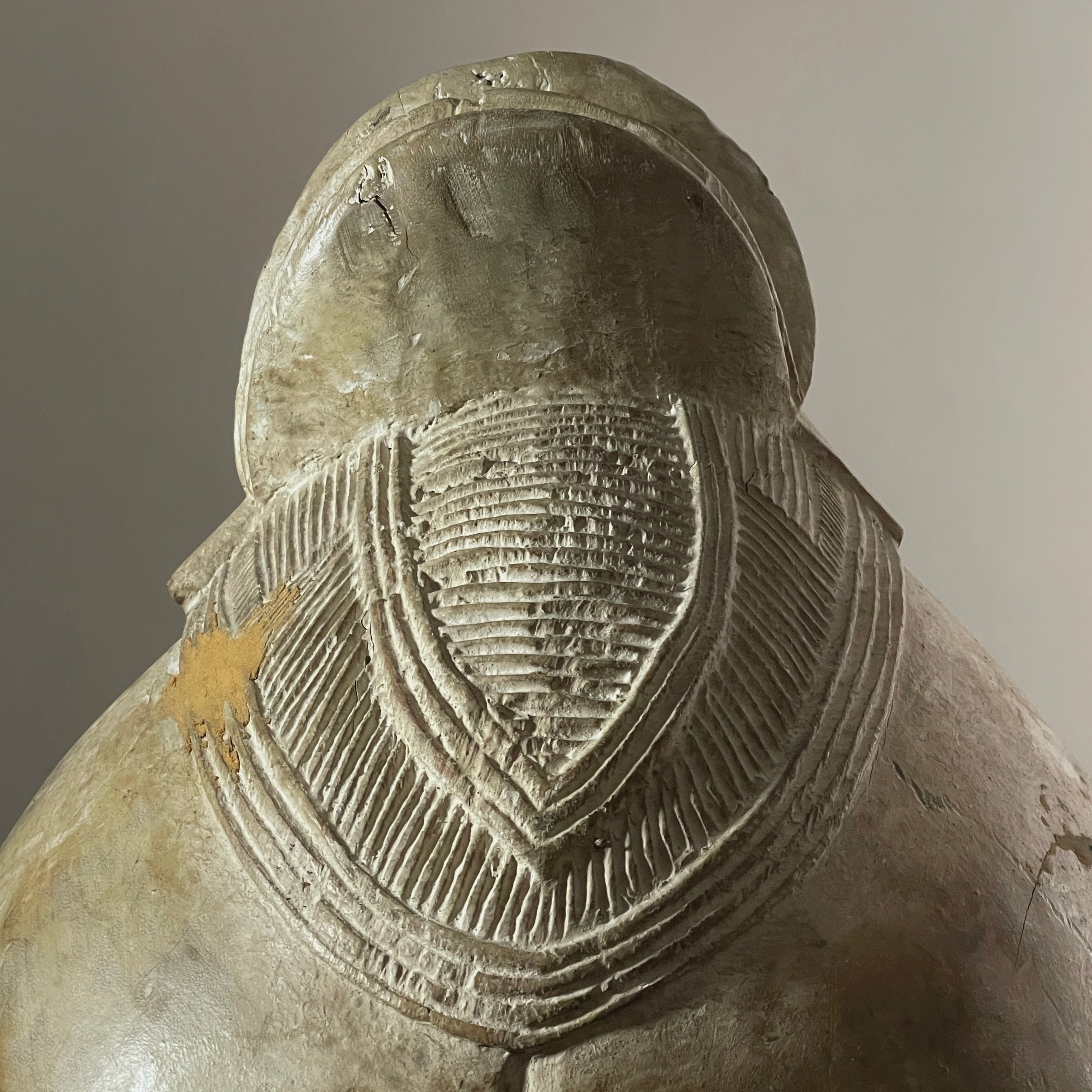 Image 9 of 13
Image 9 of 13

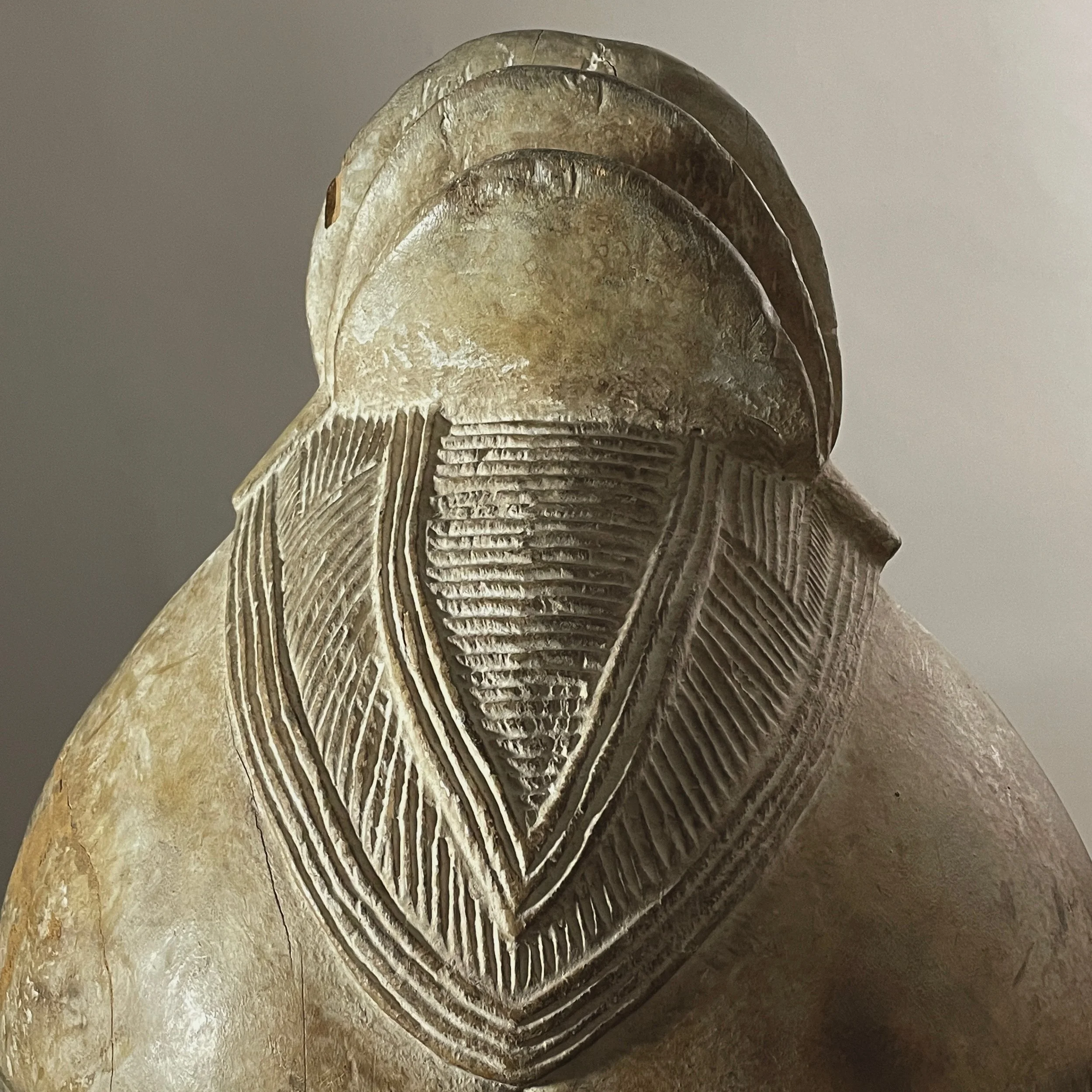 Image 10 of 13
Image 10 of 13

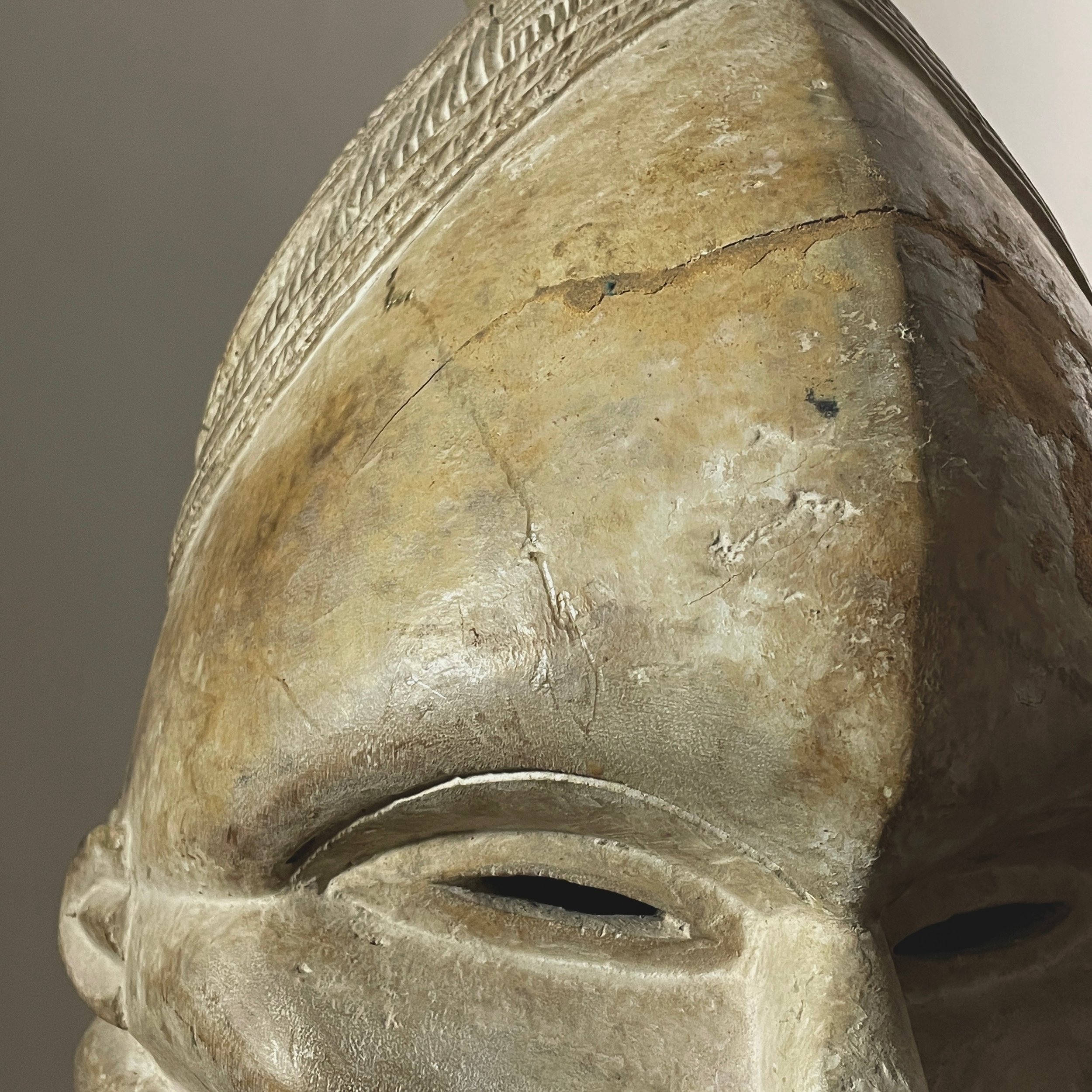 Image 11 of 13
Image 11 of 13

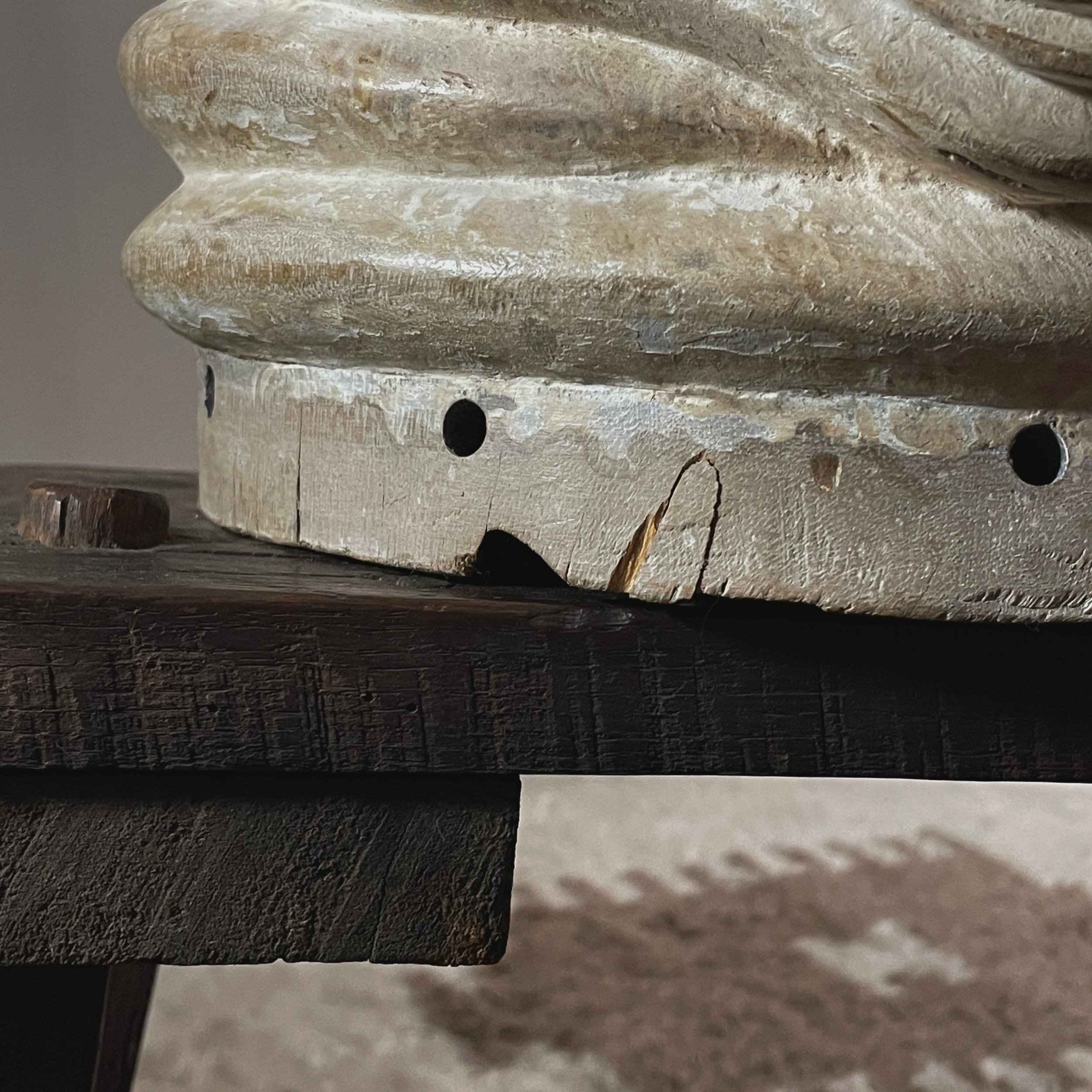 Image 12 of 13
Image 12 of 13

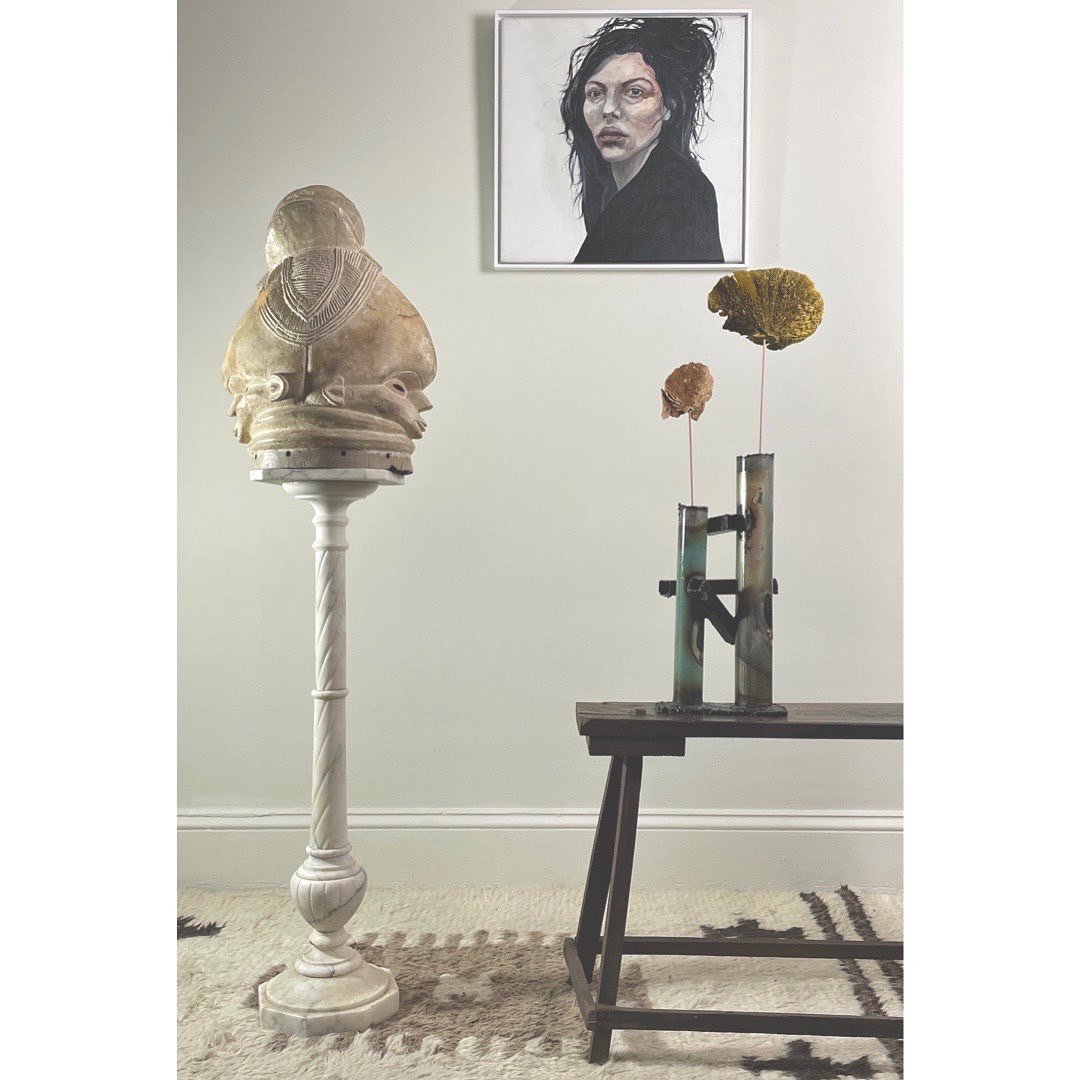 Image 13 of 13
Image 13 of 13














Rare Antique Mende Sowei Hand Carved Wooden Helmet Mask/African Mask
Large Antique Mende Sowei White Hand Carved Helmet Mask. Hand carved Sowei in white. Most often these helmet are seen in black (or brown wood tones).
Condition: used with scuffs, splits, and scratches. Please refer to the pictures for details.
Size: 21”H x 15.5”W x 11”D
Sowei (Bundu) helmet mask. The 2,000,000 Mende comprise numerous kinds of social structure, such as firmly marked kin groups, political hierarchies and societies for diverse purposes: training boys and girls in appropriate behavior, protection against enemies or curing illnesses. The Mende are farmers who grow rice, yams, peanuts, and cocoa and who collect palm oil. The Mende are best known for black, helmet-shaped masks, named sowei or bundu used by the sande society, in particular, during the initiating girls. The initiates learn wisdom, beauty, grace, and self-control, all of which they will need within the multigenerational, polygamous households of their future husbands. All Mende girls join the sande society at puberty. Representing female water spirits, the masks have an idealized female face whose aesthetic reflects religious and philosophical ideals. The design of the facial features conforms to strict conventions and has symbolic content. The neck rings which are a significant characteristic of all sovei masks must not be regarded as representing obesity but as placing a plastic emphasis on the fine lines of the neck which is highly esteemed and regarded as being beautiful. The masks are carved by men, but danced by women. This is unusual in Africa, since men usually wear masks that conceal the face. These masks were worn over the head.Material: woodSize: 22" x 14" x 15"
Large Antique Mende Sowei White Hand Carved Helmet Mask. Hand carved Sowei in white. Most often these helmet are seen in black (or brown wood tones).
Condition: used with scuffs, splits, and scratches. Please refer to the pictures for details.
Size: 21”H x 15.5”W x 11”D
Sowei (Bundu) helmet mask. The 2,000,000 Mende comprise numerous kinds of social structure, such as firmly marked kin groups, political hierarchies and societies for diverse purposes: training boys and girls in appropriate behavior, protection against enemies or curing illnesses. The Mende are farmers who grow rice, yams, peanuts, and cocoa and who collect palm oil. The Mende are best known for black, helmet-shaped masks, named sowei or bundu used by the sande society, in particular, during the initiating girls. The initiates learn wisdom, beauty, grace, and self-control, all of which they will need within the multigenerational, polygamous households of their future husbands. All Mende girls join the sande society at puberty. Representing female water spirits, the masks have an idealized female face whose aesthetic reflects religious and philosophical ideals. The design of the facial features conforms to strict conventions and has symbolic content. The neck rings which are a significant characteristic of all sovei masks must not be regarded as representing obesity but as placing a plastic emphasis on the fine lines of the neck which is highly esteemed and regarded as being beautiful. The masks are carved by men, but danced by women. This is unusual in Africa, since men usually wear masks that conceal the face. These masks were worn over the head.Material: woodSize: 22" x 14" x 15"
Large Antique Mende Sowei White Hand Carved Helmet Mask. Hand carved Sowei in white. Most often these helmet are seen in black (or brown wood tones).
Condition: used with scuffs, splits, and scratches. Please refer to the pictures for details.
Size: 21”H x 15.5”W x 11”D
Sowei (Bundu) helmet mask. The 2,000,000 Mende comprise numerous kinds of social structure, such as firmly marked kin groups, political hierarchies and societies for diverse purposes: training boys and girls in appropriate behavior, protection against enemies or curing illnesses. The Mende are farmers who grow rice, yams, peanuts, and cocoa and who collect palm oil. The Mende are best known for black, helmet-shaped masks, named sowei or bundu used by the sande society, in particular, during the initiating girls. The initiates learn wisdom, beauty, grace, and self-control, all of which they will need within the multigenerational, polygamous households of their future husbands. All Mende girls join the sande society at puberty. Representing female water spirits, the masks have an idealized female face whose aesthetic reflects religious and philosophical ideals. The design of the facial features conforms to strict conventions and has symbolic content. The neck rings which are a significant characteristic of all sovei masks must not be regarded as representing obesity but as placing a plastic emphasis on the fine lines of the neck which is highly esteemed and regarded as being beautiful. The masks are carved by men, but danced by women. This is unusual in Africa, since men usually wear masks that conceal the face. These masks were worn over the head.Material: woodSize: 22" x 14" x 15"

